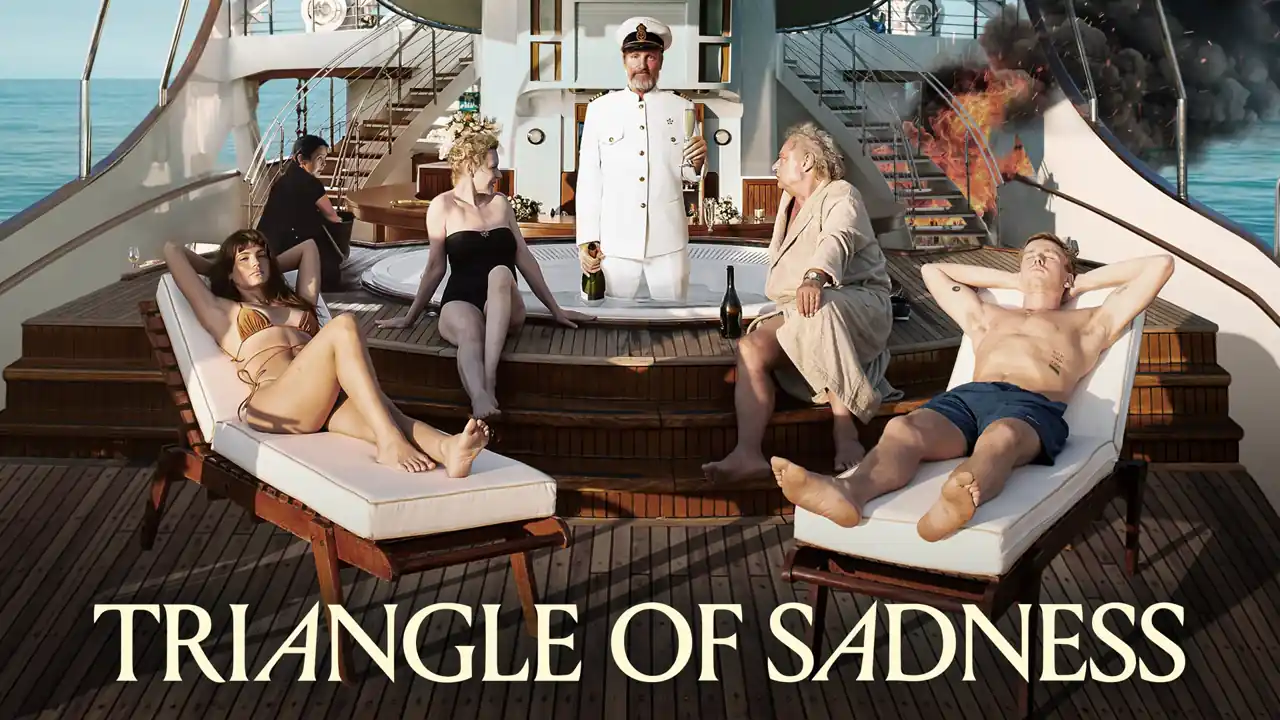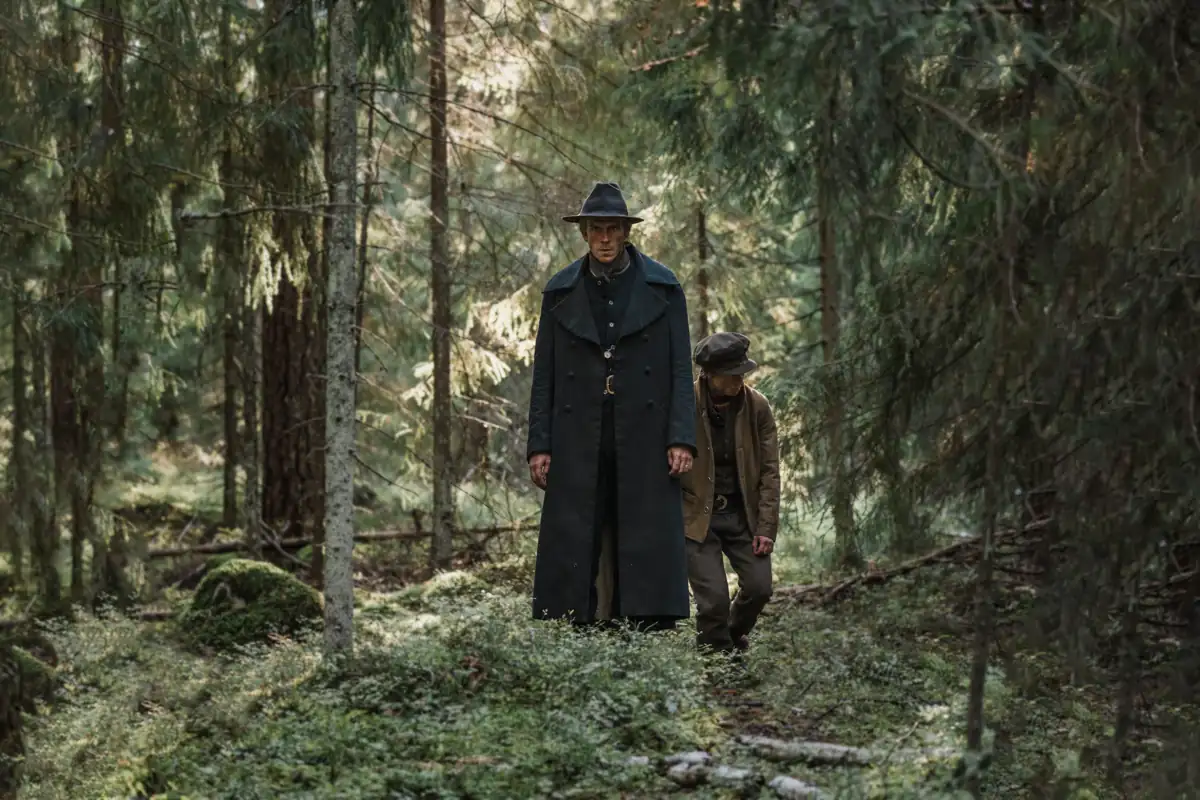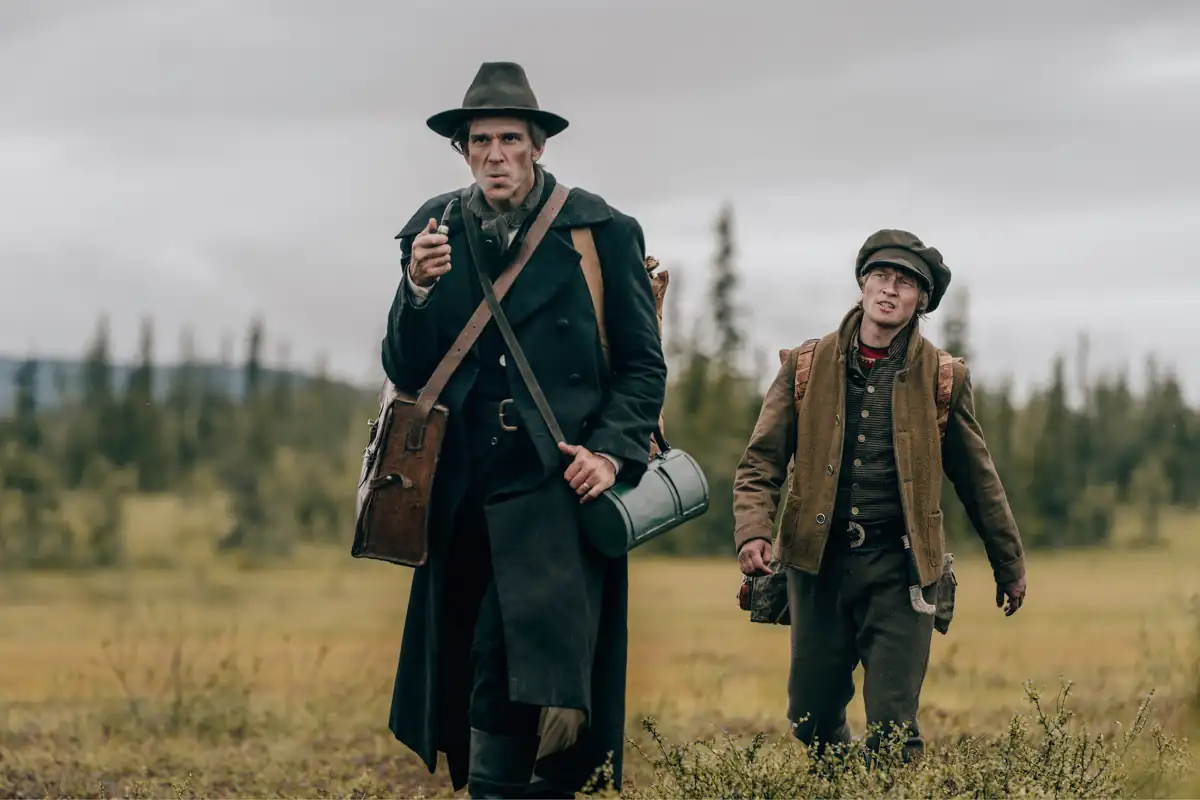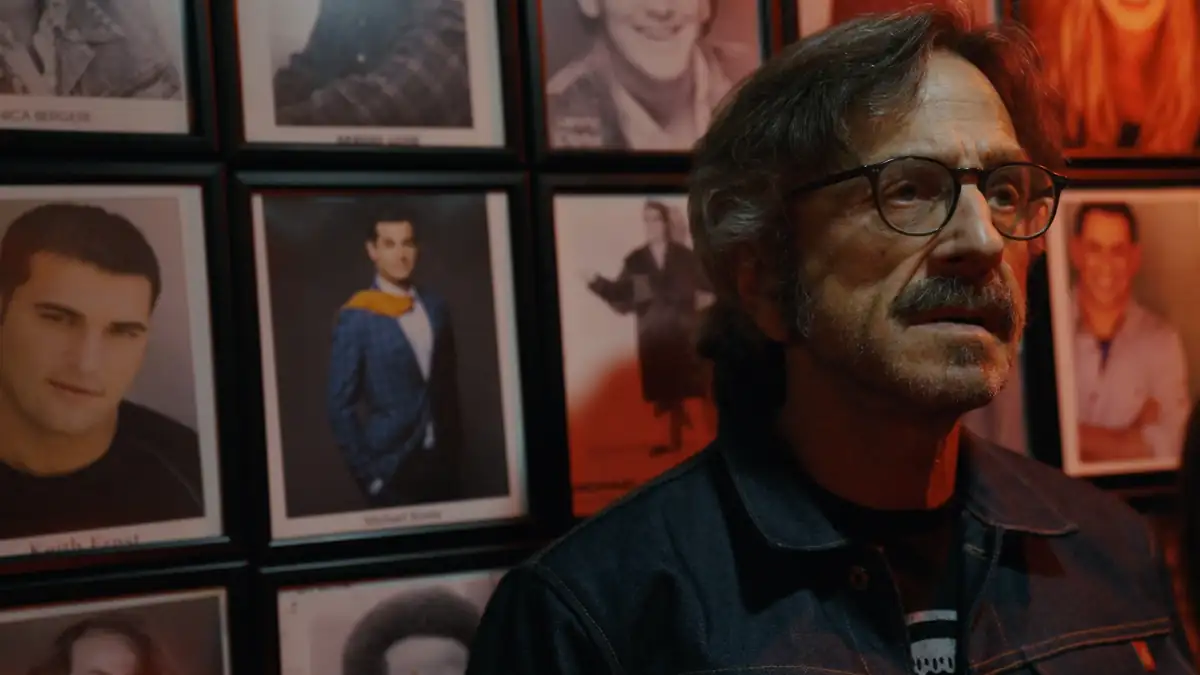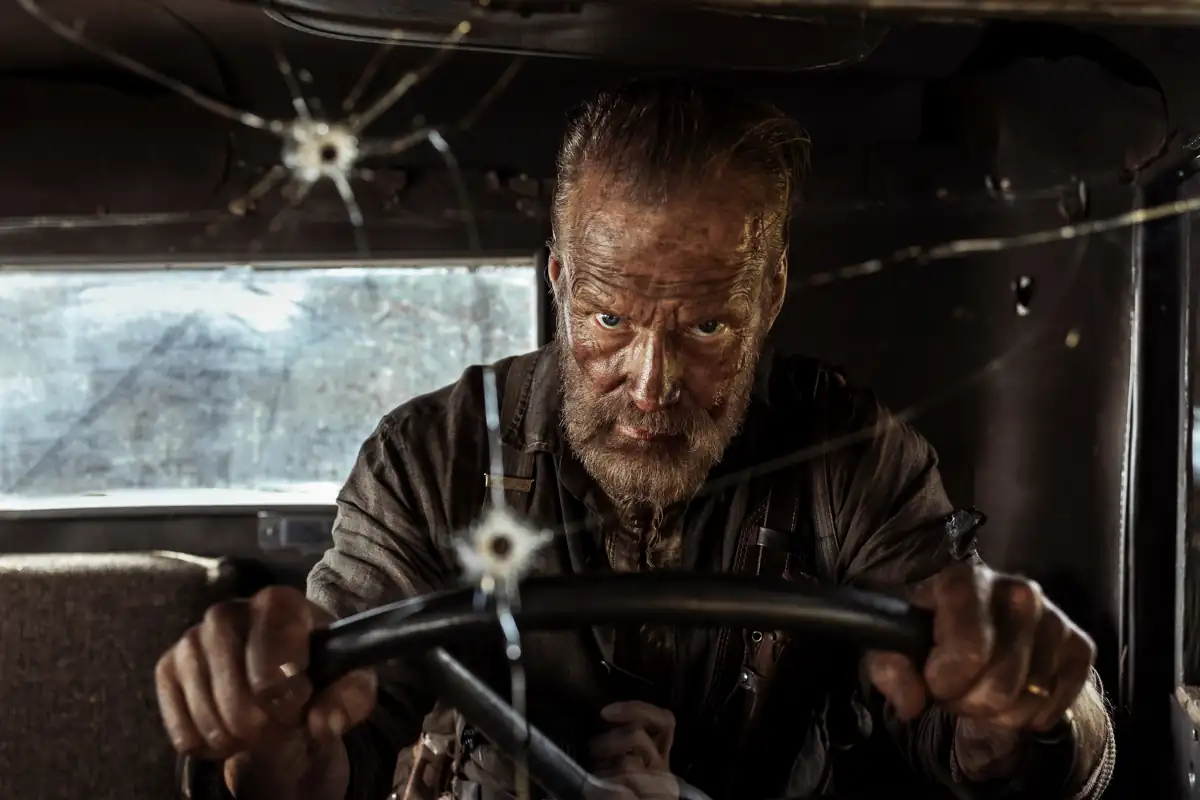Ruben Östlund is a satirist who seems content in big, broad, and ultimately shallow provocation.
Is that a fair or nuanced assessment? Probably not. But, then again, his films give little meat to dig into despite their excessive runtimes.
His latest, Triangle of Sadness, has hot takes so mild they barely register. The ultrawealthy are an immoral bunch. Power corrupts. Societal hierarchy is an imbalanced, oppressive construct.
If these register with a noncommittal shrug and a muttered “well, yeah,” be prepared to do so for nearly three hours if you partake in Östlunds lengthy rant. There’s very little that goes beyond such initial reflection, and beyond a scattering of riotously funny observations, Triangle of Sadness remains a frustratingly centrist and opinion-free jab at nothing.
Divided into three parts, Triangle of Sadness kicks off with a Zoolander-Esque riff on the vapid nature of the fashion industry. It’s amusing and sharp, but nothing we haven’t heard or seen before. In fact, some of it might as well be directly from Zoolander. Especially the runway sequence, where the models strut before towering, inane slogans announcing the cause of the day.
After that, we meet our protagonists: the over-the-hill male model Carl (Harris Dickinson) and influencer/model Yaya (Charlbi Dean). Young and beautiful, but also manipulative, shallow, and insecure. Their introduction is a prolonged argument that begins poignantly, continues into redundancy, and ends with a whimpering, non-committal thud. In a way, it’s the perfect opening to the film. It sets up everything you should expect from the next two hours.
The second part of the film is also its meatiest and most entertaining one. Set on a luxury liner packed with a cavalcade of one-percenters, Östlund wrings out finely-tuned comedy from even obvious setups. Almost none of it is new or novel, but mostly it’s so well-made that it doesn’t matter.
A particular highlight is Woody Harrelson, appearing in an elaborate cameo, as the ship’s drunk would-be-Marxist captain, Thomas. By the time he fully appears from his decrepit cabin, Harrelson lights up the screen in an increasingly unhinged battle of half-wits against an equally drunk Russian oligarch (Zlatko Buri). As the inept duo attempt to trade witticisms over their chosen system, both quickly run out of things to say and resort to Googling their chosen retorts.
Sadly, most of the other passengers remain vague caricatures at best. Despite the film spending the bulk of its runtime onboard, Östlund remains committed to painting everyone with the widest, thickest brush available. Otherwise, the humor wouldn’t work. By the time the society on the high seas begins to drown in literal shit, Triangle of Sadness riffs from Monty Python’s Mr. Creosote in one of the film’s funniest and outlandish set pieces.
If the film ended there, it would be an unfinished, but still better product. Sadly, it doesn’t.
The third act is best left a surprise, even as it’s the most problematic of the lot. But to unspool it would be to ruin it, and despite a multitude of complaints, it isn’t without merit.
Östlund abandons the water for a final repetition of socioeconomic satire on land. Here, the hapless influencers find themselves unable to handle even the most basic of tasks. Scavenging for food is an alien concept, let alone building a fire.
Luckily, the Filipina cleaning lady, Abigail (Dolly De Leon), does know these things. But her help doesn’t come for free. Suddenly, the power balance shifts, and not everyone can adjust to the new world order.
Here, too, Östlund finds snippets of gold. A reversal of the oppressive sex tourism of the west profoundly strikes at the heart of its perverse normalization. There’s even accidental enlightenment, as Östlund stumbles into the idea of a society without capitalism, which sadly drifts away as casually as it arrives.
Ultimately, Triangle of Sadness fumbles its core message by refusing to take a stand one way or another. It jabs at the notion of corrupt leadership, despite that calling the working class rising against the rich and powerful is not the same thing.
In refusing to provide a definitive statement of what, or who, it ultimately provokes against, Triangle of Sadness turns into a collection of empty hollering. No more interesting or enlightening than your average troll pointing out that you, too, live in a society.

